Ben Sulayem teases changes to controversial swearing rules after all
FIA president Mohammed Ben Sulayem has suggested that controversial new guidelines introduced this year to help police driver conduct could be changed
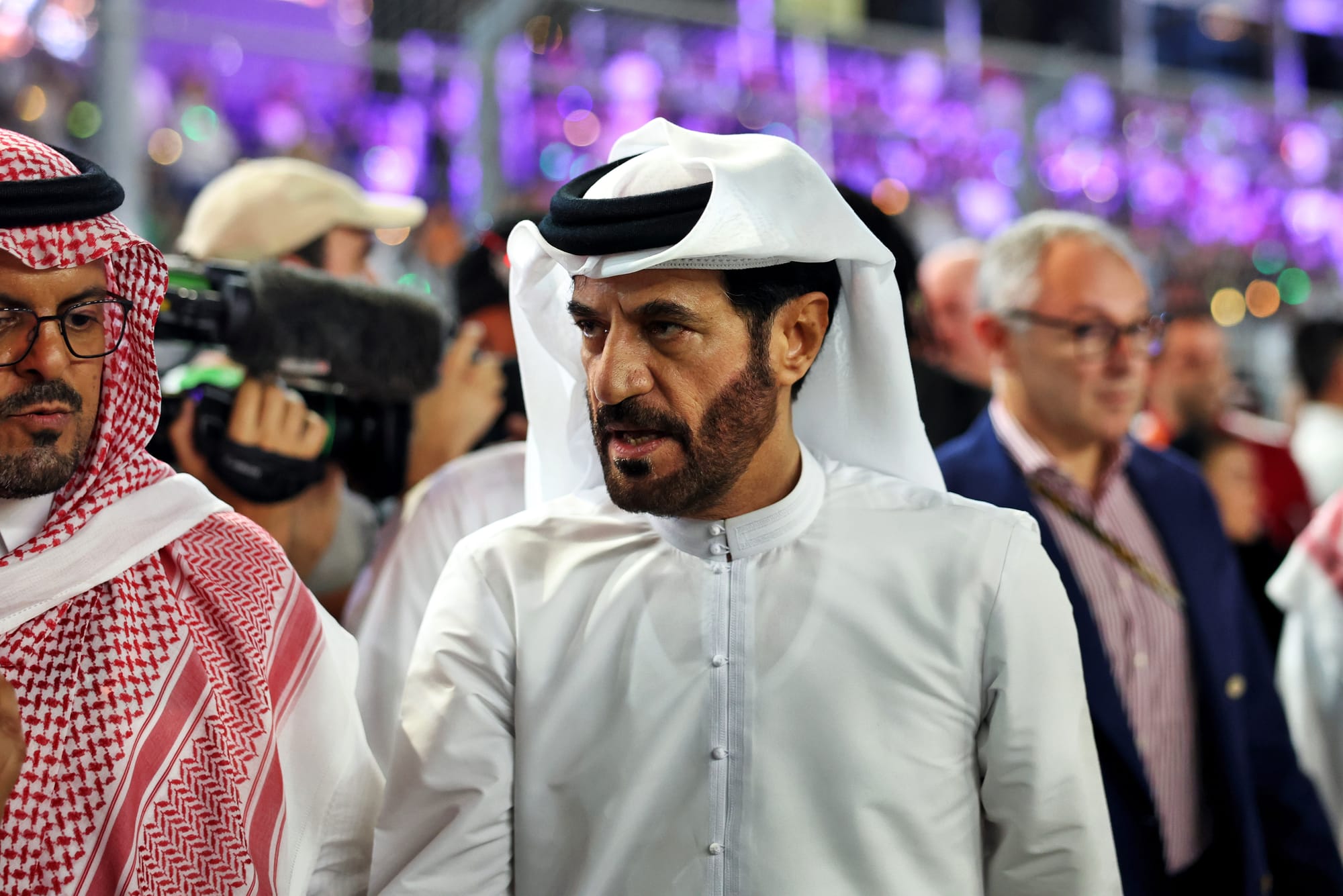

FIA president Mohammed Ben Sulayem has suggested that controversial new guidelines introduced this year to help police driver conduct could be changed.
Drivers can be heavily fined, receive a race ban, or even lose championship points based on a new ‘Appendix B’ in the FIA International Sporting Code, which was published this year to assist stewards in determining the sanction for violations of certain rules.
The two that have been most relevant to Formula 1 and other world championships in recent times relate to competitors causing "moral injury or loss to the FIA, its bodies, its members or its executive officers", and any "misconduct".
Misconduct is defined in the ISC as being "offensive, insulting, coarse, rude or abusive and might reasonably be expected or be perceived to be coarse or rude or to cause offense, humiliation or to be inappropriate" but also "assaulting" or "incitement to do any of the above".
Max Verstappen hinted these two rules were behind his refusal to comment on the penalty he received in the Saudi Arabian Grand Prix.
Drivers found to have breached these rules in 2025 are subject to a fine on the first offence then enhanced fines and sporting sanctions on the second or third offence in a two-year period.
There is a multiplier based on the level of the championship, with F1 drivers receiving quadruple the base fine - meaning €40,000 for a single offence of "misconduct", for example, €80,000 plus a suspended one-month suspension for a second offence, and €120,000 plus a one-month suspension and deduction of championship points for a third offence.
It meant, in theory, an F1 driver who swore three times in press conferences over two seasons could be banned, lose championship points, and fined €120,000.
Ben Sulayem and the FIA argued that the implementation of these guidelines was to help stewards apply rules that already existed and publishing them was in line with a desire to enhance transparency. It was also pointed out that the guidelines are only that, and the stewards could still apply discretion.
But the implementation of Appendix B caught many by surprise, in F1 and other world championships, and a first flashpoint with the rules led to World Rally Championship drivers setting up their version of F1’s drivers’ body the Grand Prix Drivers Association to push back against the new sanctions.
In F1, drivers discussed the misconduct guidelines with FIA representatives at length at the season opener in Australia, which ended with both parties on reasonable common ground.
It was explained to drivers that judging offences would come down to whether an incident occurred within a controlled environment or not - that in-car radio communications in the heat of the moment will not be punished unless it breaches the well-established rules on abusive language towards officials, or ableist/discriminatory language, but drivers would be expected to show more restraint in parc ferme interviews and FIA press conferences.
In the WRC, a similar consensus was reached. World Rally Drivers Alliance (WoRDA) co-founder Julien Ingrassia told DirtFish that "as was the case in Formula 1, adjustments were needed to take into consideration some of the unique aspects of our discipline" - so, media zones and press conferences are policed but drivers would be uncontrolled in "heat-of-the-moment areas such as stage ends, onboard cars during the stages or on road sections".
Some already interpreted that as a climbdown from the FIA, stepping back from a zero-tolerance policy because it has realised that would be too heavy-handed. Especially as last year, when asked about a critical GPDA letter that said the FIA should treat drivers like adults, Ben Sulayem said in an interview that it was "none of their business".
But the governing body argued what is currently in Appendix B was never going to be a zero-tolerance policy with draconian penalties all the time.
Ingrassia said that Appendix B could not be changed in 2025 so the WRC agreement was exactly that - a compromise reached directly between the FIA and WoRDA.
However, Ben Sulayem posted on Instagram on Monday that "improvements" could be coming to Appendix B. He did not indicate a timeline, nor guarantee that the wording would be changed, but it is understood to be an active matter and there should be more clarity from the FIA soon.
"Following constructive feedback from drivers across our seven FIA World Championships, I am considering making improvements to Appendix B," said Ben Sulayem.
"As a former rally driver, I understand the demands they face better than most.
"Appendix B is a key part of the International Sporting Code and is central in helping keep the sport accessible for all our sporting family.
"Humans make the rules and humans can improve the rules.
"This principle of continuous improvement is something I have always believed in and is at the heart of all we do at the FIA."
The concession on potentially changing guidelines that have been so divisive comes in an election year for Ben Sulayem.
He is running to stay on as FIA president and as it stands he has no opponent.
Ben Sulayem has faced several controversies in his tenure from rules-related matters like driver misconduct to high-profile staff exits, most recently his deputy president for sport Robert Reid.
Top WRC team owner Macolm Wilson was nominated by Ben Sulayem to be Reid’s replacement.
























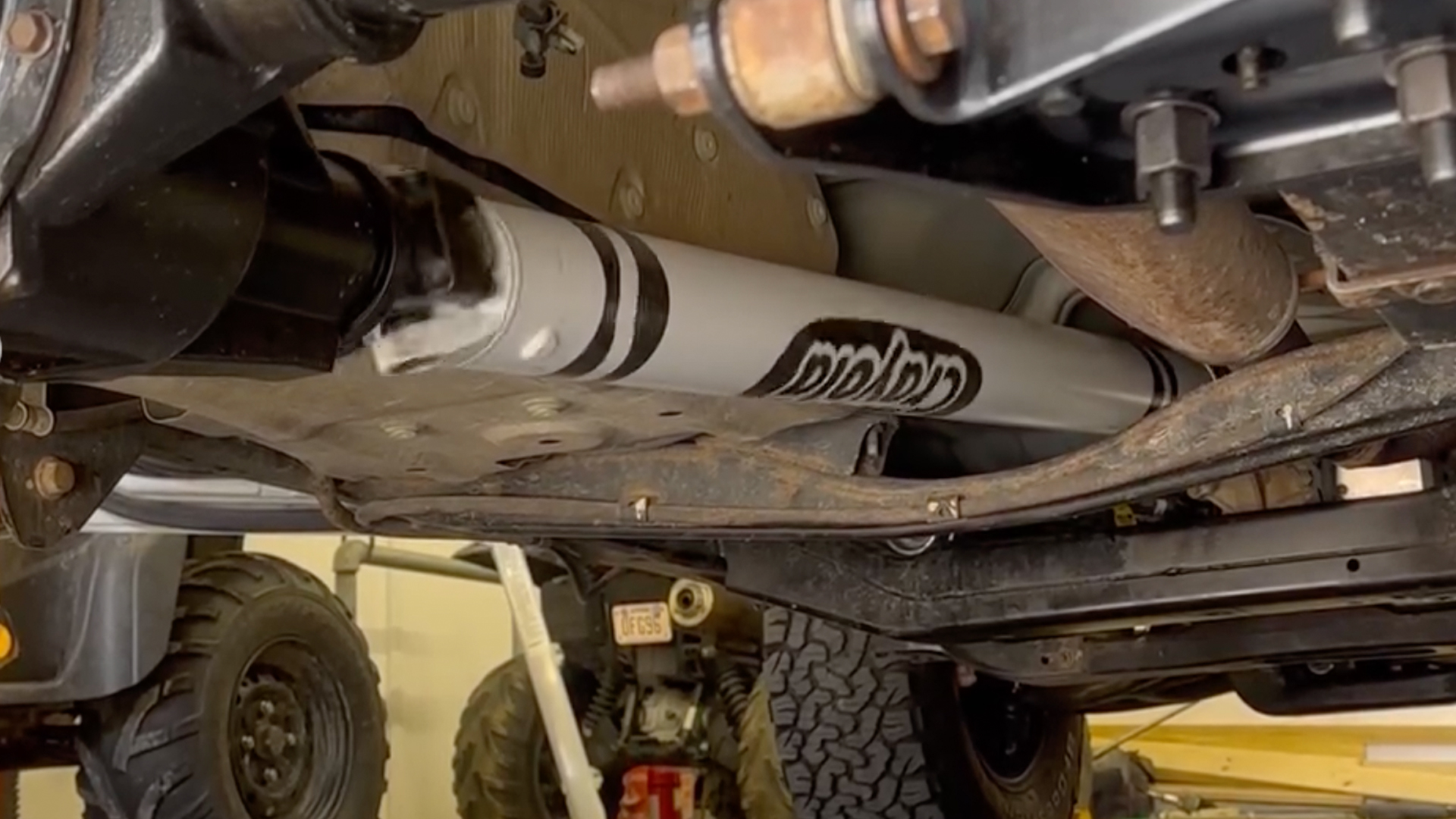
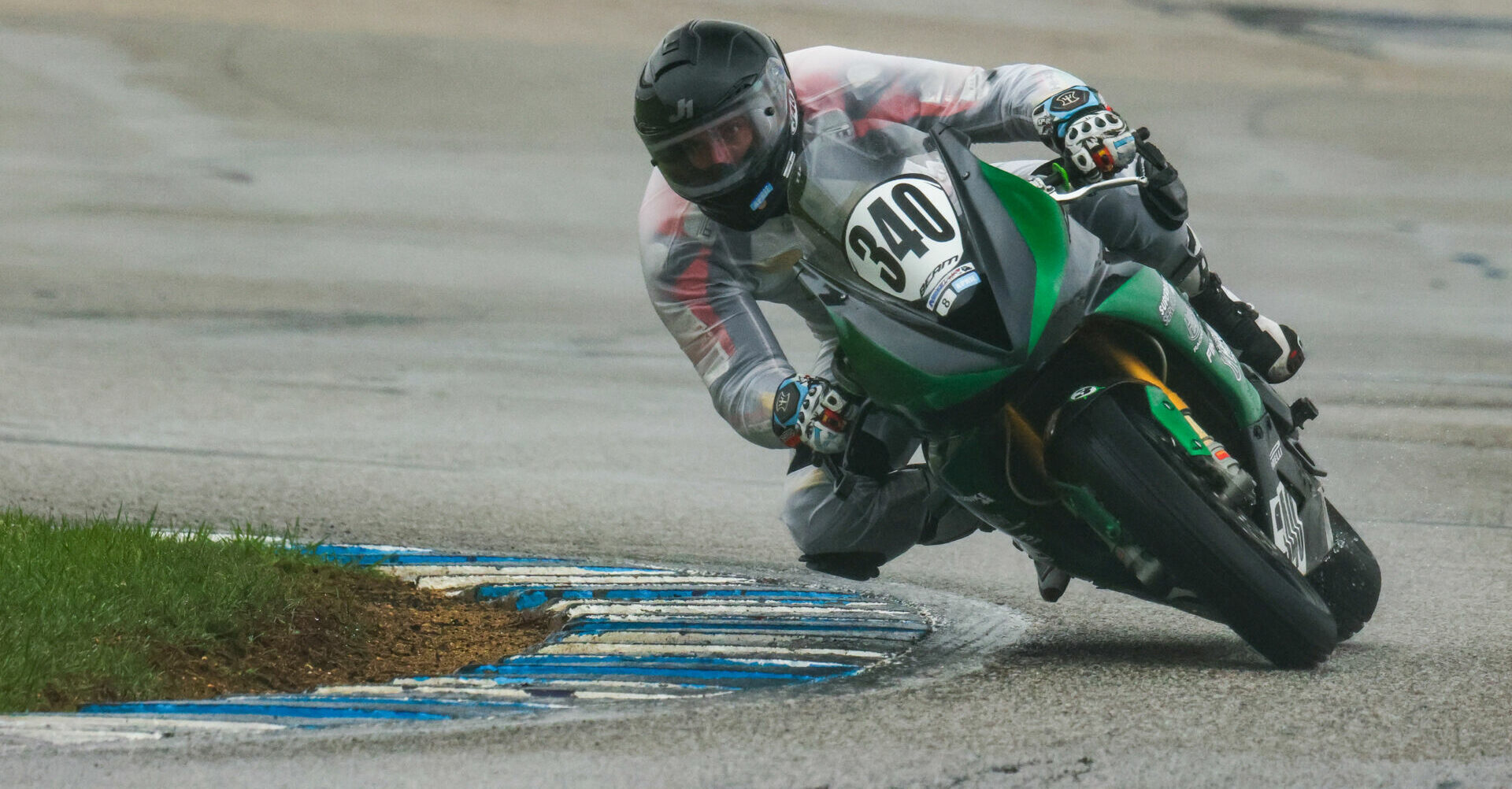








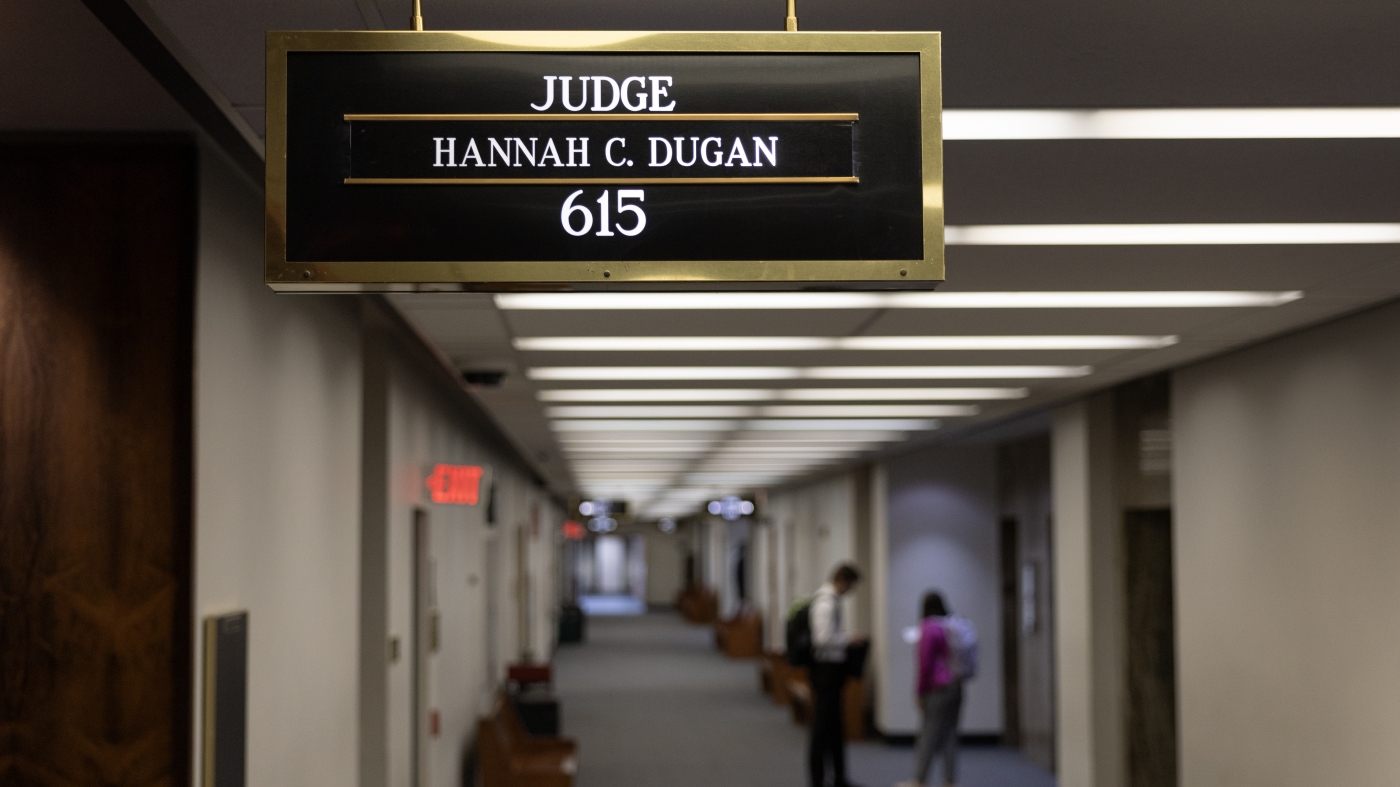










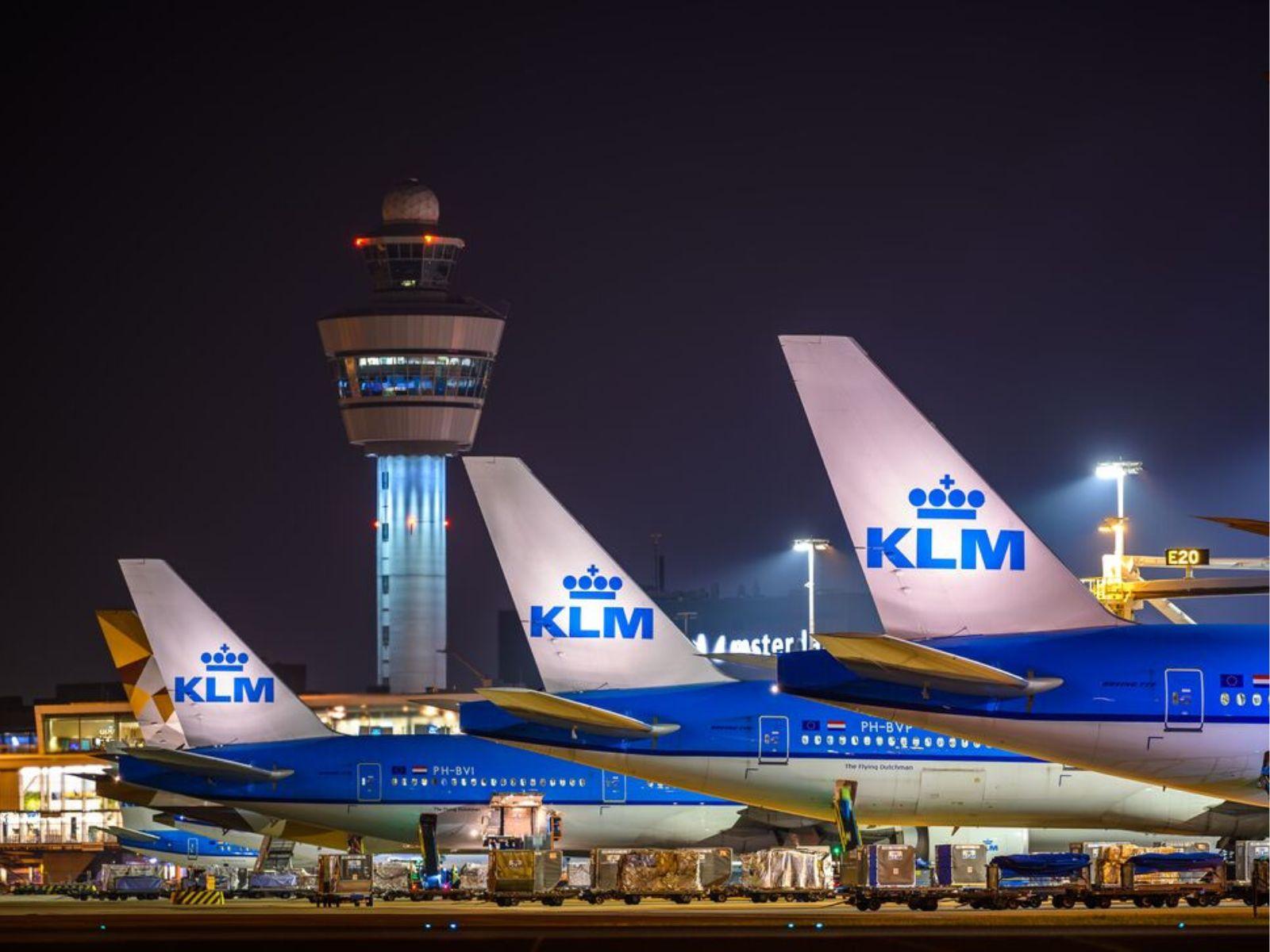
























![Five-Star Basketball Prospect Severely Injured In Fiery Tesla Cybertruck Crash [Update]](https://www.jalopnik.com/img/gallery/five-star-basketball-prospect-severely-injured-in-fiery-tesla-cybertruck-crash/l-intro-1745597808.jpg?#)

